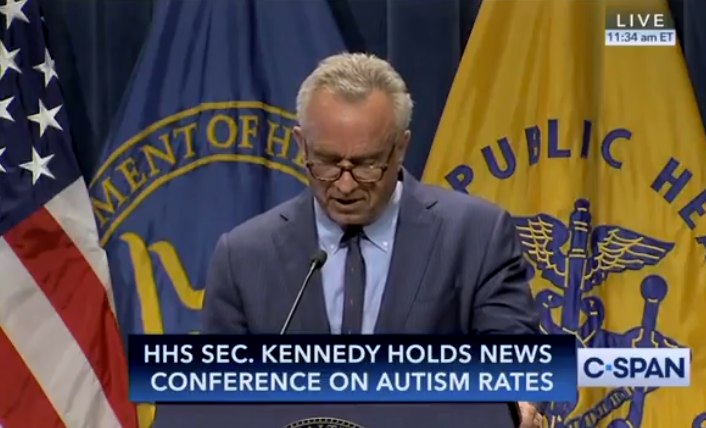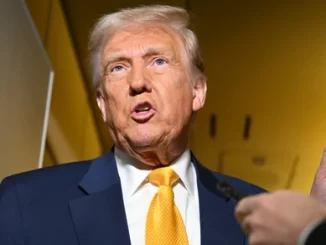
Washington, D.C. – On April 16, 2025, U.S. Secretary of Health and Human Services Robert F. Kennedy Jr. (RFK Jr.) drew attention to the latest autism rates among 8-year-old children, citing a recent Centers for Disease Control and Prevention (CDC) report. The data, released on April 15, reveals that 1 in 31 children born in 2014 were diagnosed with autism spectrum disorder (ASD) by age 8—a rise from 1 in 36 in 2020. For boys, the rate is 1 in 20 nationally, with California reporting an alarming 1 in 12.5, or 8% of boys in the state.
Speaking at a press conference, RFK Jr. called the figures an “epidemic,” emphasizing the need to investigate environmental factors as the root cause. “We’re seeing 1 in 12.5 boys in California with autism—this is a crisis,” he stated, reiterating his long-standing belief that “toxins” in the environment, not genetics or better diagnostics, are to blame. He pledged to launch federal studies to pinpoint the cause by September 2025, a timeline experts have called overly ambitious.
The CDC’s Autism and Developmental Disabilities Monitoring (ADDM) Network report, which surveyed 16 U.S. states and territories, also highlights shifting demographics. For the first time, autism prevalence is higher among Black (1 in 27), Hispanic, and Asian/Pacific Islander children than among white children, a trend researchers attribute to improved screening and access to services in minority communities. California’s rate of 5.3% (1 in 18 children) is the highest, while Texas reports less than 1%, underscoring regional disparities.
However, RFK Jr.’s framing has sparked controversy. Experts like Dr. Alycia Halladay of the Autism Science Foundation argue that the rise reflects better diagnostics, not a true increase in autism cases. “We’re identifying more children because of awareness and access, not because more children have autism,” Halladay told reporters. The CDC supports this view, noting that broader diagnostic criteria and early intervention programs have played a significant role.
Critics also point to RFK Jr.’s history of promoting debunked theories, including claims linking vaccines to autism, which have been repeatedly disproven by scientific studies. His rhetoric has alarmed advocates who fear it could stoke misinformation and stigma around autism.
On X, reactions are mixed. Some users support RFK Jr.’s push for environmental research, while others accuse him of fearmongering. As the debate rages, the CDC report also notes that 1 in 34 four-year-olds (born in 2018) are diagnosed with autism, suggesting rates may continue to rise. For now, the autism community braces for what RFK Jr.’s promised studies might uncover—or whether they’ll materialize at all.


